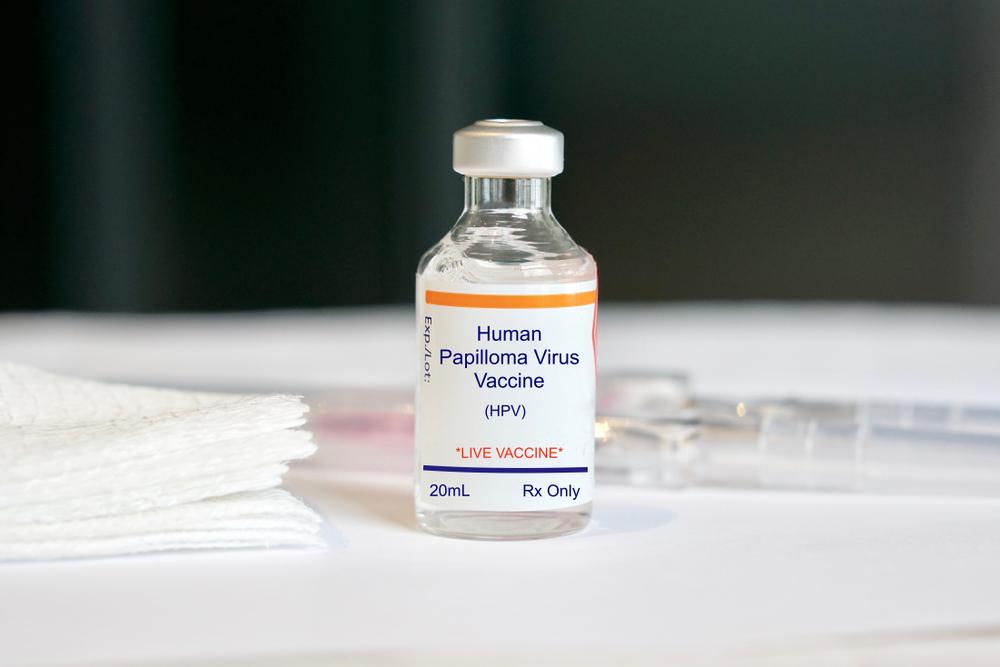The music world recently lost an icon, “Margaritaville” singer Jimmy Buffett, to Merkel Cell Carcinoma (MCC). A rare and aggressive form of skin cancer. Buffett’s journey from diagnosis to his unfortunate passing has cast a spotlight on this lesser-known condition. Today, we delve into what MCC is, how it manifests, and the treatments available.
What is MCC?
MCC is the introverted cousin of the more attention-grabbing skin cancers like basal cell carcinoma, squamous cell carcinoma, and melanoma. It’s so rare, it makes an appearance about 40 times less often than melanoma, clocking in around 3,000 cases per year in the U.S.
Technically speaking, MCC is a neuroendocrine cancer—big words that mean it affects the cells connected to nerves, likely playing a role in touch sensation. The Skin Cancer Foundation warns that this form of cancer has a higher risk of recurrence and spreading within two to three years of initial diagnosis.
What Does MCC Look Like?
In MCC, the devil is in the details—or rather, the symptoms. Look out for a fast-growing, painless tumor on sun-exposed skin. These tumors have the aesthetic range of a chameleon, appearing shiny, pearly, and even manifesting in various shades of red, blue, or purple.
If you suspect MCC, it’s not the time for WebMD; it’s time for a visit to your trusted dermatologist for a full-body exam and potentially a biopsy to confirm the diagnosis.
Staging MCC: What Now?
Post-diagnosis, expect a full tour of the lymph nodes, courtesy of your healthcare provider, since MCC is notorious for spreading there. Your cancer will be staged using the TNM system: T for the original tumor size, N for lymph node involvement, and M for metastasis.
Stage 0 is like the preview trailer; the cancer cells are only on the top layer of the skin. Stages 1 and 2 involve tumors of varying sizes that may spread to muscles or bones. In stages 3 and 4, the cancer extends its uninvited stay to lymph nodes and other parts of the body.
Treatment: The Road to Recovery
Don’t mistake MCC’s rarity for un-treatability. Early-stage treatment typically involves surgical removal of tumors and may include chemotherapy, radiation, or immunotherapy. In more advanced stages, lymph node dissection may be part of the process.
Prevention: Better Safe Than Sorry
Risk factors for MCC include being male, over 70, immunocompromised, or having lighter skin. While you can’t do much about those, you can take proactive steps like annual skin checks with a dermatologist and practicing sun safety.
Conclusion
The passing of Jimmy Buffett serves as a cautionary tale about Merkel Cell Carcinoma. Even if you’re not spending your days searching for that lost shaker of salt, it’s important to stay informed and proactive about your skin health.
The journey to a more confident you starts with one decision. That is the decision to get treated, why wait? If you’re on the fence or have questions brewing, remember: We at Sullivan Dermatology are always here to help. If you have any concerns, don’t hesitate to reach out to us at Sullivan Dermatology – we’re here to make you your best!






